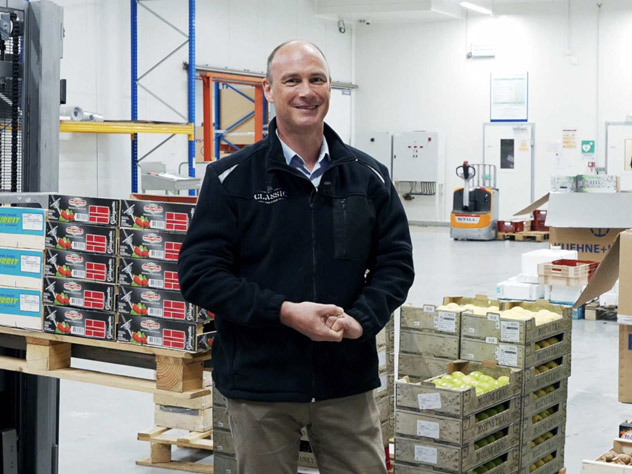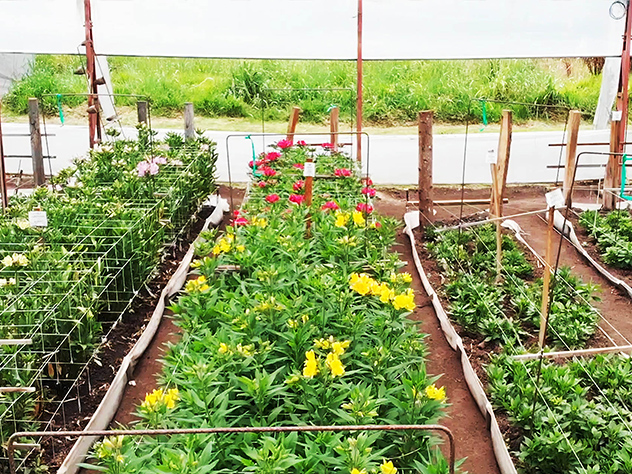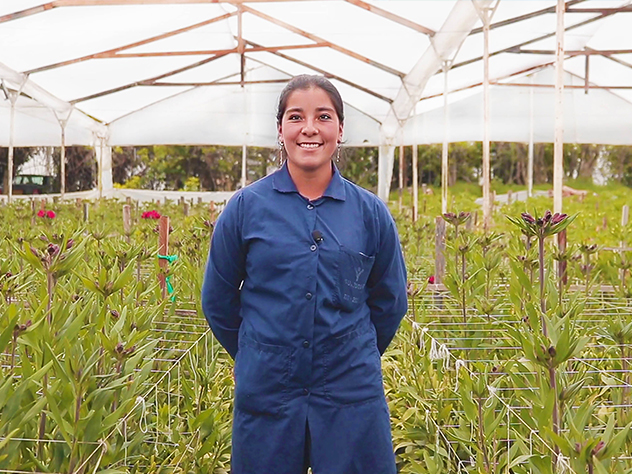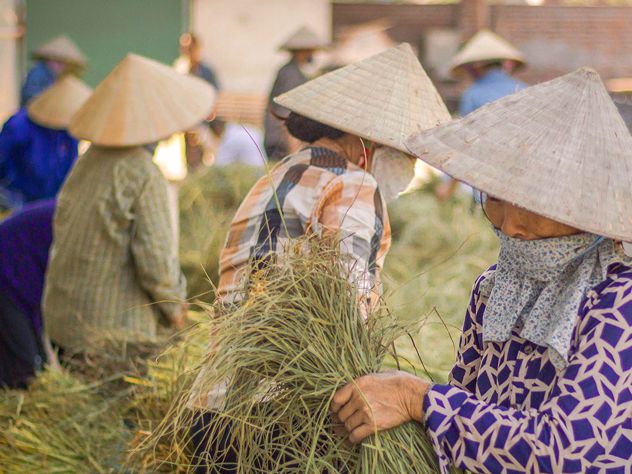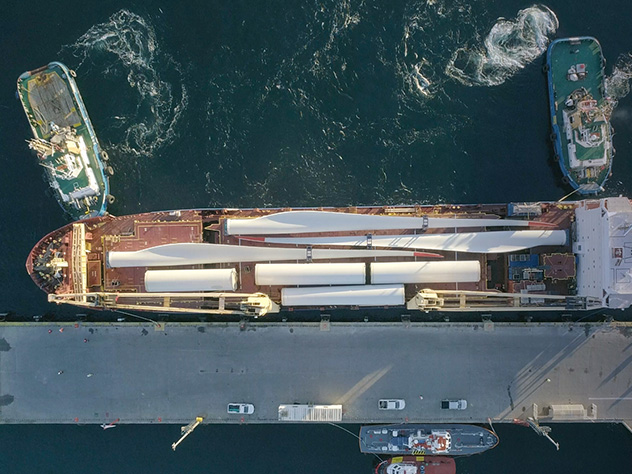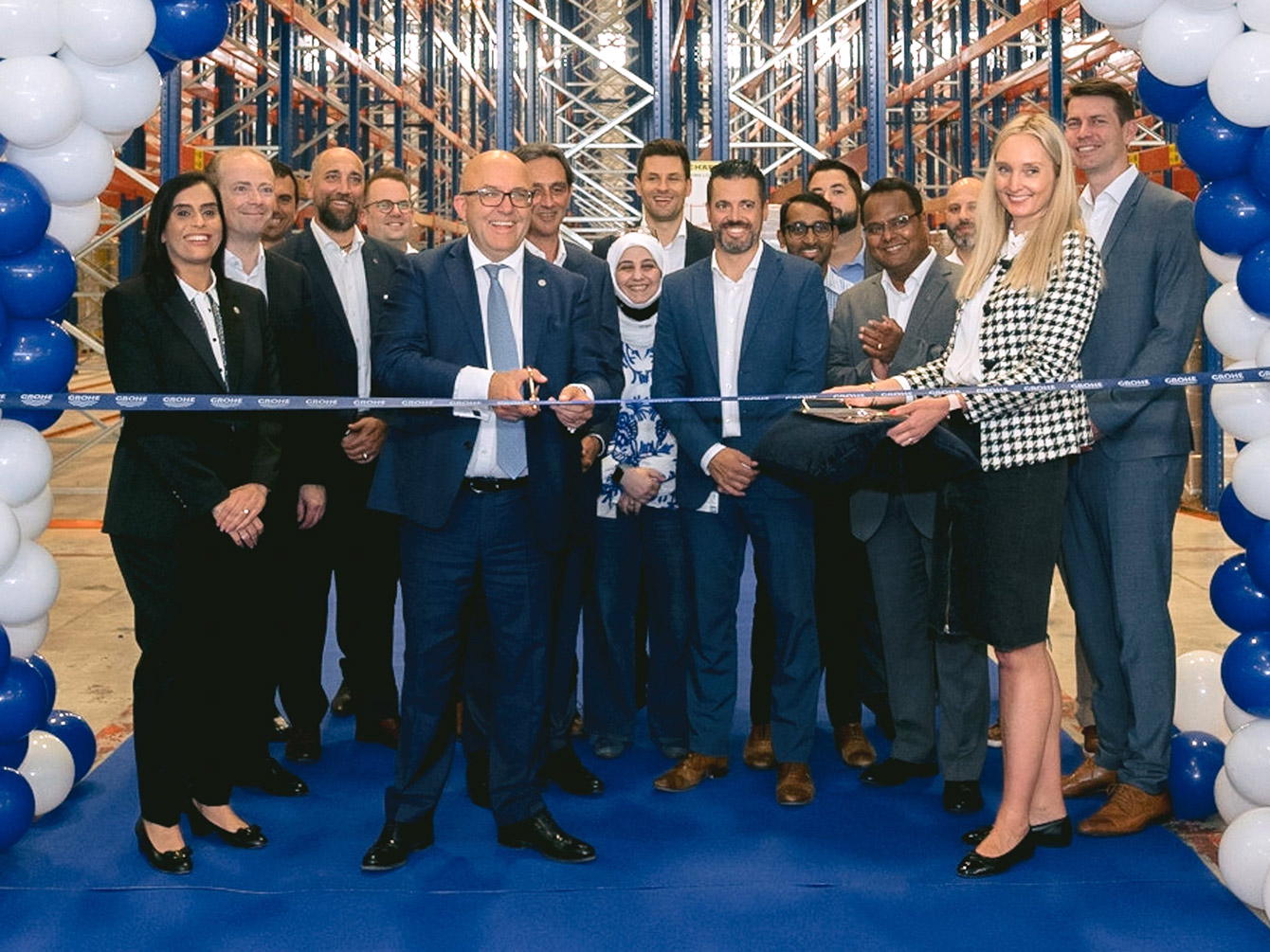While chilling Scandinavian winds have covered the BeNeLux in a white carpet, Quint Wilken dials into the Zoom conference as he’s signaling - while on mute - that he still has to finish a quick phone call. “Apologies for that, the snow has caused some flight delays”, he says in a luscious Amsterdam accent. The Dutch native has done his fair share of trouble shooting in his career, which started in the 90s at Kuehne+Nagel in Schiphol. “The time factor in perishables logistics makes all problems high priority”, he says. Prayers to the weather gods and good planning are two strategies to tame the ticking clock. Smart network development is another. But what makes a smart network?
As Global Perishable Development Director with more than 20 years of experience in cold chain air logistics, Quint is well aware that networking not only benefits one’s career but also one’s logistics service. “I have worked for different companies, always with a focus on perishables”, says Quint. “I learned a lot about the import and export of all sorts of cold chain commodities, and the experiences I’ve lived and experts I’ve met along the way taught me a lot. One such important learning is: to develop your perishables logistics business, you have to develop your logistics network”, Quint says.
When asked which factors help to build a quality network for perishables solutions, Quint responds: “Diversity, connectivity and our reputation. With these ingredients we have built a sizeable and smart FreshChain network that our customers can rely on to get their perishables to the market quickly without breaking the cold chain. All of this to ensure that the end-consumer all over the world can enjoy fresh products.” Let’s zoom in on these 3 factors.
"Through diversity, connectivity and our reputation we have built a sizeable and smart FreshChain network that our customers can rely on to get their perishables to the market quickly without breaking the cold chain. All of this to ensure that the end-consumer all over the world can enjoy fresh products.”
Diversity
Recently we solidified our FreshChain capabilities in Belgium with additional experts and cold chain technology at the airports of Liège and Brussels. A nice addition to the already big hubs about 3 hours (by road) more northern, in Schiphol (NL), and a similar distance more southern, in Charles de Gaulle (FR). That Western Europe has a seemingly sizeable concentration of FreshChain hubs is no coincidence. Quint: “Contemporary network building requires looking into the socio-historical situation. Countries to the east of Germany have different consumption behaviors, relying a lot on local produce. In Scandinavia and Western Europe, we expect more diversity in our supermarkets with exotic and out-of-season options. Add old colonial ties and linguistics factors in the mix, and it makes a lot of sense why France and Belgium are quite prominent in our FreshChain network”, says Quint.
Fast-forward to the year 2021, we find ourselves in a globalised world. With footprints in all of its corners, Kuehne+Nagel’s team is not just highly trained but also culturally diverse. This helps to build relationships with customers, carriers and other partners who reflect that diversity too. A recent example is one of our Moroccan employees based in the Sea Logistics office in Antwerp, who shares a cultural and linguistic background with a Moroccan seller of frozen strawberries. Their smooth communication (in addition to our service offering) led to a fruitful cooperation with our Belgian Reefer team. This is how networking (in the sense of forging ties with customers, carriers and other business partners), partially aided by our staff’s diversity, also helps to build our network (in the sense of strategical FreshChain hub placements).
A good ‘rep’
Granted, connecting over cultural and linguistic similarities doesn’t cut it when looking to build a worthy network. A good reputation is also key. Quint: “FreshChain is a brand name that stands for quality and reliability. This gives us a leg up with carriers to address challenges or jump on opportunities. A recent example is a cooperation with Virgin Atlantic to use the now-empty and available passenger flights from Harstad/Narvik airport at Evenes (Norway) to London Heathrow for fish and seafood logistics”. Numerous fjords, open seas, rivers and lakes of Northern Norway have unique conditions to foster a rich marine ecosystem, making Norway the second largest seafood exporter in the world. The 2.7 million tons of seafood exported by the country in 2020 equate to 25,000 meals per minute (Norwegian Seafood Council)!
For fish to be fresh on the dining table, it has to arrive with optimal shelf-life to the supermarket after a quick and cold journey from the sea. However, the remoteness of the abundant areas of Northern Norway means that this journey can take longer. The new weekly air cargo flights provide additional freight capacity over 90 tons per week for the seafood industry in Northern Norway. “The local Kuehne+Nagel office, along with the airline and the airport, worked jointly on that solution for seafood exporters. The cargo can now reach destinations in the US up to 72 hours faster”, Quint explains. This means that consumers around the world will enjoy their favourite dishes with Norwegian salmon, king crabs, cod and trout as fresh as if it has just been fished from the sea.
While it doesn’t happen every day that we can ask airlines to change routes, Kuehne+Nagel’s renowned expertise and quality does enable the company to approach the right airline for the right route. “Charters from Kenia filled with flowers are a common occurrence”, adds Quint. “We can confidently go to customers selling our reputation as a major asset, because it helps us to build good networks.”
Connectivity
Back to Liège and Brussels, the two Belgian airfreight hubs where Kuehne+Nagel recently bolstered its perishables footprint. Their locations in the heart of Europe bring a great connectivity to the market. Quint explains: “Liège airport’s imperative role in the pandemic response has recently strengthened its reputation as a leading freight hub in Europe, with easy access to the continent’s major autoroutes, ports and railways. Also, for our FreshChain network, the growing airfreight hub is a strategic addition. From the airports of Brussels and Liège we can reach 85% of all major European markets, as well as the UK, within 24 hours.” While this is an obvious factor of a quality network, it is worth mentioning since our FreshChain specialists are constantly exploring new potential hubs to offer the best solutions to our Perishables customers.
Rest assured we will continue to invest in our network development, and in the development of our experts, to uphold our reputation.


